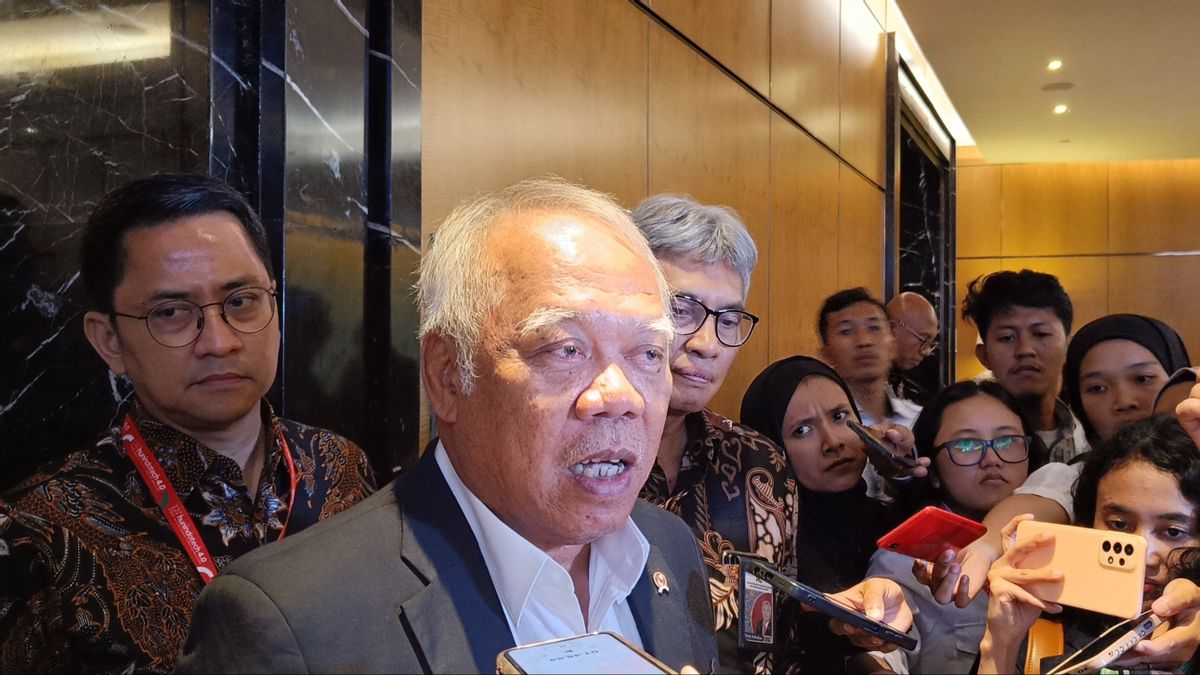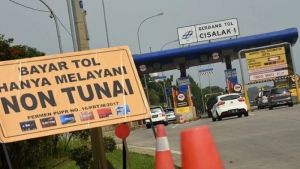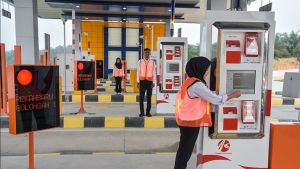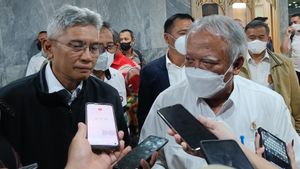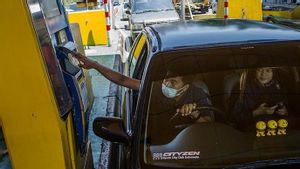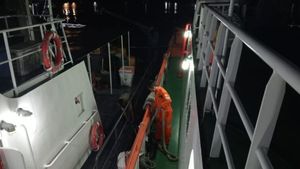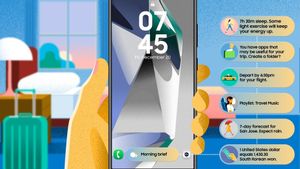JAKARTA - The Ministry of Public Works and Public Housing (PUPR) has confirmed that the trial of the contactless non-cash toll transaction system or Multi Lane Free Flow (MLFF) in Bali will be carried out in the second week of December 2023.
"Yes, (MLFF trial) is around the second week of December," said PUPR Minister Basuki Hadimuljono after being met at the Hunindotech 4.0 event at The Westin Hotel, Jakarta, Tuesday, November 14.
Basuki said, after the trial was carried out, it would be evaluated about two weeks later.
Then, if the evaluation shows good results, then the MLFF trial is expanded.
"So, after the trial, we will evaluate it for two weeks. At the end of December we will evaluate it, if it is good and successful we will expand it. I remind you that changes from cash payments to non-cash payments through tapping e-toll cards have challenges," he said.
Likewise with the transition from tapping an e-toll card to an MLFF system, said Basuki, there was a change in attitude and discipline from toll road users.
Basuki said that during the transition period and MLFF trials, his party continued to operate bars or barriers at toll gates to prevent potential loss or potential loss.
"We will use the barrier at the toll gate first, later if the vehicle registration data improves, then we will remove the barrier. Barriers at this toll gate are to prevent potential loss," said Basuki.
According to Basuki, the Bali Mandara Toll Road was chosen as the location for the initial trial because the toll road was on a limited scale, so that controlled trials could be carried out.
"For Bali, right, it's limited, so if there's anything, it's not too chaotic," he said.
After the results of the MLFF trial evaluation on the Bali Mandara Toll Road come out, it can only be decided to be tested in other areas, such as the Java Island toll roads.
"Later, if it is successful, trials can be carried out in Jakarta, in urban areas first," he said.
اقرأ أيضا:
MLFF itself is the latest technology in the world that processes payments automatically for vehicles passing on toll roads.
Through this technology, toll road users can enter and leave without having to stop to pay.
This is possible because MLFF uses System Satellite Global Navigation (GNSS) technology, which is a system that allows transactions through applications on smartphones and reads via satellite, so that readers' tools on every place on toll roads such as RFID-based technology provide more effective cost solutions.
The English, Chinese, Japanese, Arabic, and French versions are automatically generated by the AI. So there may still be inaccuracies in translating, please always see Indonesian as our main language. (system supported by DigitalSiber.id)
